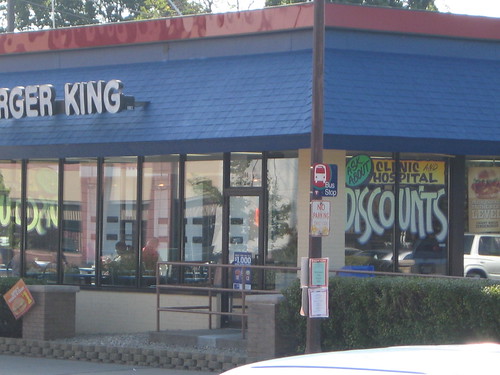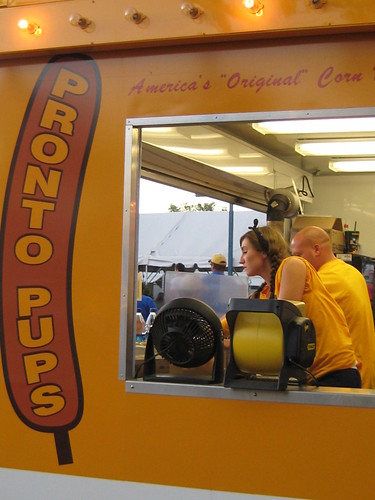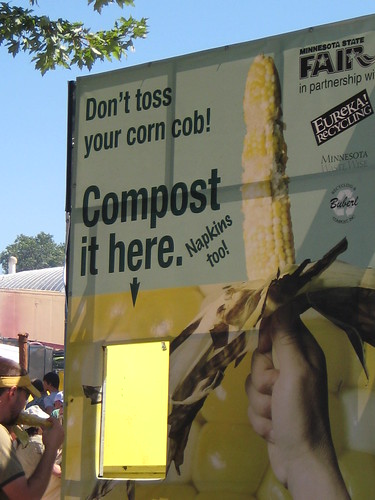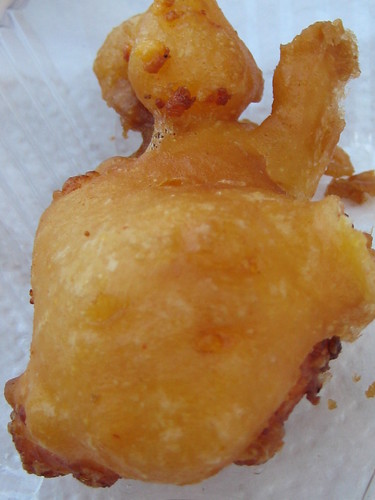sow the seeds: support local agriculture longer, more often
I recently read about how Minnesota's own Institute for Agriculture and Trade Policy launched "Sow the Seeds," a fund to support sustainable food systems. According to the website, STS "fosters sustainable food systems in the Upper Midwest," and, it appears one of the main ways they do this is through grants and other tools to help small farms produce good food, longer.
From the website:
Imagine serving lush local tomatoes at your next Thanksgiving dinner. How about locally grown strawberries on Memorial Day? Sow the Seeds (STS) wants to make these dreams a reality by helping area farmers develop a longer growing season, and, in the process, create a more vibrant and diverse local food system.
STS is launching the "Local Longer" campaign to help make the local produce season longer for farmers and for shoppers who love local food. By enabling farmers to plant earlier in the Spring and harvest later in the Fall, season extension can help farm businesses grow and the supply of locally grown fruits and vegetables expand.






